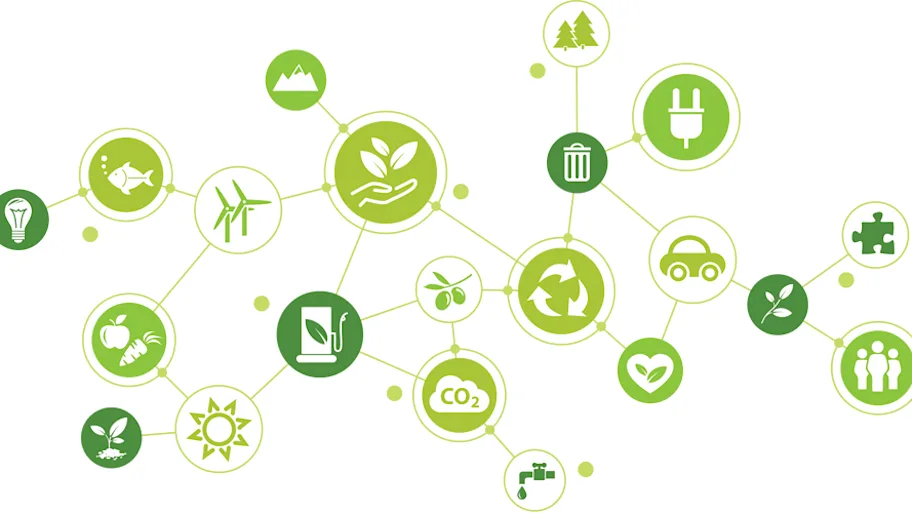
- Science news
- Frontiers news
- ‘An affair of the heart’: Dagmar Haase on the motivation behind new Land Use Dynamics section
‘An affair of the heart’: Dagmar Haase on the motivation behind new Land Use Dynamics section
Professor Dagmar Haase capitalizes on the Frontiers open-access platform to address issues of sustainability and resilience in land-use management.
— by Louisa Wood
Urbanization, biodiversity declines, exploitation and socio-economic segregation of resources, climate change: human-induced pressures on land systems are unprecedented, with changes in the way land is used having far-reaching global consequences.
To address these challenges and drive solutions for a more sustainable and resilient future, Frontiers in Environmental Science has launched Land Use Dynamics — a centralized hub of interdisciplinary, solution-orientated research in land system science. Led by Professor Dagmar Haase of Humboldt University Berlin, and supported by an outstanding team of Associate Editors, this new section publishes innovative insights into land-use variation and the temporal dynamics of land-use change, as well as the driving forces behind land dynamics and their socio-ecological feedbacks.

“Land use and land-use change issues are very much at the forefront of earth, environmental, and social sciences. However, despite great efforts to hinder urban sprawl and in saving or protecting land and soil, there is still a disparity between the messages that the scientific community and policymakers wish to convey and the reality we detect via satellite observations,” says Prof Haase.
“Accounting for sustainability and resilience in land-use planning and policies is increasingly key in this urban era,” she adds. “This becomes particularly applicable in the context of achieving global policies, such as the UN Sustainable Development Goals”.
“Land systems research is vital and immensely exciting as it not only integrates the social and natural sciences, but also technology and big data issues. Capitalizing on this interdisciplinary framework to better understand, explain and plan for our complex environment is an affair of the heart for me.”
The Open Access model is key to driving solutions within land use research, ensuring that sustainable visions can be shared globally by academics while also being visible to policymakers and key figures in industry.
“The more people who can access the knowledge and information we provide and thus participate in discussions on land use the better — with united perspectives across research, policy and public being integral to change,” explains Prof Haase.
Land Use Dynamics is now open for high-quality article submissions and welcomes Research Topic proposals.
Follow us at @FrontEnvSci and sign up for our article alerts to be the first to receive new research and updates!






